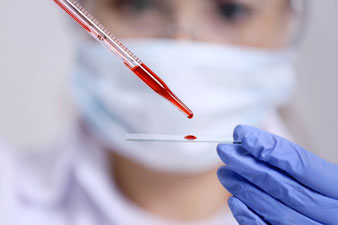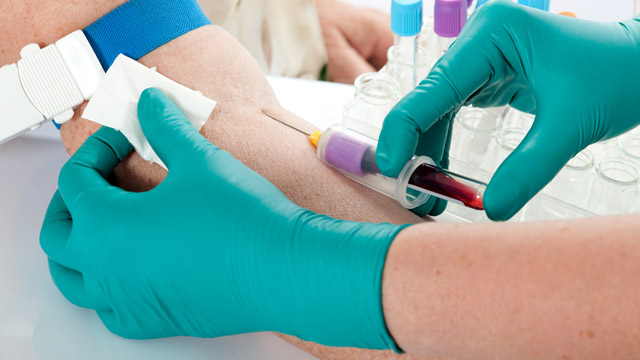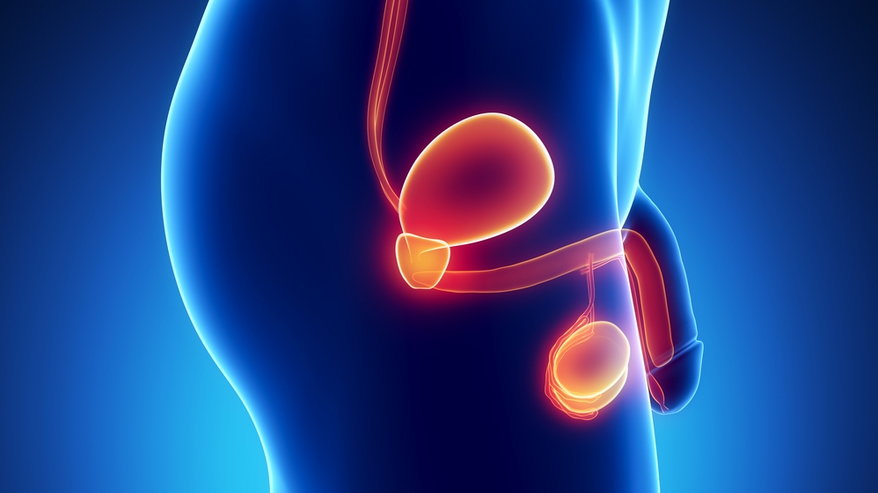Blood tests can predict treatment for advanced prostate cancer
A blood test can predict optimal treatment for advanced prostate cancer, a recent study has found.

Washington D.C: A blood test can predict optimal treatment for advanced prostate cancer, a recent study has found.
An international collaborative study between Lawson Health Research Institute, Memorial Sloan Kettering Cancer Center, the Royal Marsden and Epic Sciences is one of the first to demonstrate that a blood test can predict how patients with advanced prostate cancer will respond to specific treatments, leading to improved survival.
Also Read: Lifestyle counselling program could curb cancer risk

The study used a liquid biopsy test developed by molecular diagnostics company Epic Sciences that examines circulating tumour cells (CTCs) in blood samples from patients with advanced prostate cancer.
Also Read | Researchers designs home urine test for prostate cancer
The test identifies whether or not a patient's CTCs contain a protein called AR-V7 in the cell's nucleus. The research team set out to determine whether the presence of this protein predicted which treatment would best prolong a patient's life.
Scientist Dr. Alison Allan said, "The study focused on a critical decision point when patients and their oncologists are choosing what therapy to pursue next. We are addressing a critical unmet need by validating that a blood test or liquid biopsy can be used to select a therapy most likely to extend a patient's life."

Research participants included 142 patients with advanced prostate cancer from the London Regional Cancer Program at the London Health Sciences Centre (LHSC).
The patients had already undergone at least one round of hormone-targeting therapy without success and were working with their oncologist to decide whether to switch to a different hormone-targeting therapy or to chemotherapy as their next line of treatment.
Also Read |
Health: Blood test can help doctors detect this disease
Prostate cancer growth relies on hormones called androgens, which include testosterone. Androgen deprivation therapy like ARS inhibitors blocks the production of male hormones to treat the recurrence or spread of prostate cancer.
Also Read: Can timing of meal increase cancer risk?
The team now plans to collaborate further with Epic Sciences to evaluate different versions of the CTC blood test for other types of cancer, such as lung cancer.
The full findings are present in the journal- JAMA Oncology. (ANI)
 Dynamite News
Dynamite News 